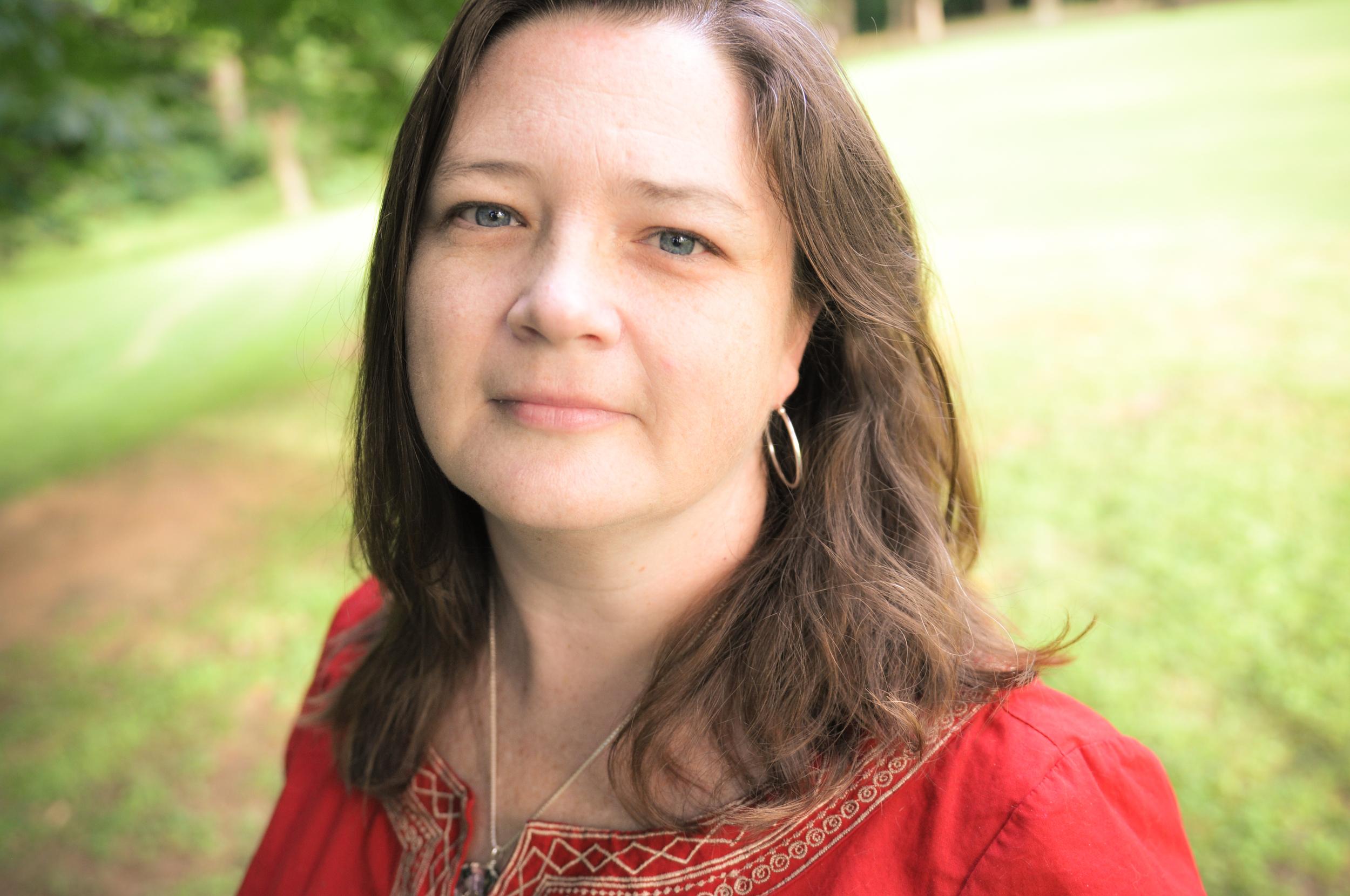Curious?...
What is qi? And how does it impact my health? Qi (pronounced chee) is a Chinese word that is translated as "life force energy" or "that which animates life". It is the pulse that keeps us alive. The ancient Chinese observed that there are some patterns to how this energy flows. When qi is in ample supply and flowing freely our bodies, minds and spirits can function optimally, and we are able to heal ourselves. Blockages that disrupt these patterns can cause symptoms such as fatigue, physical pain or emotional distress, or could show up in slow healing from an illness or injury. Qi can be impacted by injury, diet, exposure to the elements, emotional experiences or strong pathogens.
What do you mean when you say you treat the "whole person"? Western Medicine views the body as a collection of systems and parts--each intricate and complicated and somewhat separate from the other. As a result you may see 4 different doctors for 4 different symptoms--a neurologist for your migraines, an orthopedist for your knee pain, a GI for your digestive issues, a general practitioner for your fatigue. Eastern Medicine views the body as one integrated system and holds that your symptoms are tied together. Your headache, knee pain, fatigue and digestive symptoms are not separate from one another. Furthermore, all these things are connected to your mind and your spirit. We take a step back and look at the whole system at the 20,000 foot level and notice the connections between your symptoms. We also consider how you are feeling emotionally and what is happening in your life. We seek to understand the root cause of the collection of seemingly unrelated symptoms and treat the root cause. As a result, patients sometimes notice not only relief from one or more of their symptoms but better sleep, appetite and sense of wellbeing.
Is there any science to back this up? YES! While science is just beginning to explore the topic, there are many studies showing that acupuncture is effective. The World Health Organization and the National Institute of Health recommend acupuncture for many conditions. While science is still seeking to understand WHY acupuncture works, the evidence is mounting that it does indeed work. Furthermore, anecdotal evidence in the treatment room shows that acupuncture helps many patients every day.
What about the needles? Acupuncture needles are solid, very thin needles that are about the width of a human hair. They are about 1/4 the width of a sewing needle and 1/100 the width of a typical medical syringe. All acupuncture needles used by Meg are made of a very high quality stainless steel and are pre-sterilized, single use and disposable.
I am REALLY afraid of needles--are there other things we can do? Most patients who are afraid of needles feel very differently about acupuncture needles once they have a chance to see and hold them. That said, needles are just one tool we can use. Meg also uses moxibustion, cupping, gua sha, Chinese nutritional therapy and wellness coaching to support her patients. Many patients become more comfortable with these gentle approaches and we are able to transition to acupuncture needles.
Does it hurt? Generally no. Patients will often experience a momentary sensation when needles go in--this may be a small prick (like a mosquito bite) or feel like a momentary dull ache or tingling. This sensation goes away within seconds. Occasionally, while needles are in (or even afterward) patients may notice other sensations--for example tingling or pulsing sometimes at the needle site but often in a different part of the body. Most patients experience these sensations as "cool", "interesting" or "pleasant". If it feels at all uncomfortable we adjust the placement of the needles.
Should I stop seeing my medical doctor? No! Western medicine is a wonderful tool and offers many gifts. Surgery, antibiotics and other drugs can be miraculous for many patients. Acupuncture can support these therapies or may help when these therapies cannot. Acupuncturists and western medical doctors often bring different but complementary perspectives and approaches that work hand-in-hand to achieve the best result. Multiple approaches to healing can help us get the best outcomes. You should let your doctor know you are exploring acupuncture.
Still have questions? Reach out via the contact page. Meg would love to hear from you!






